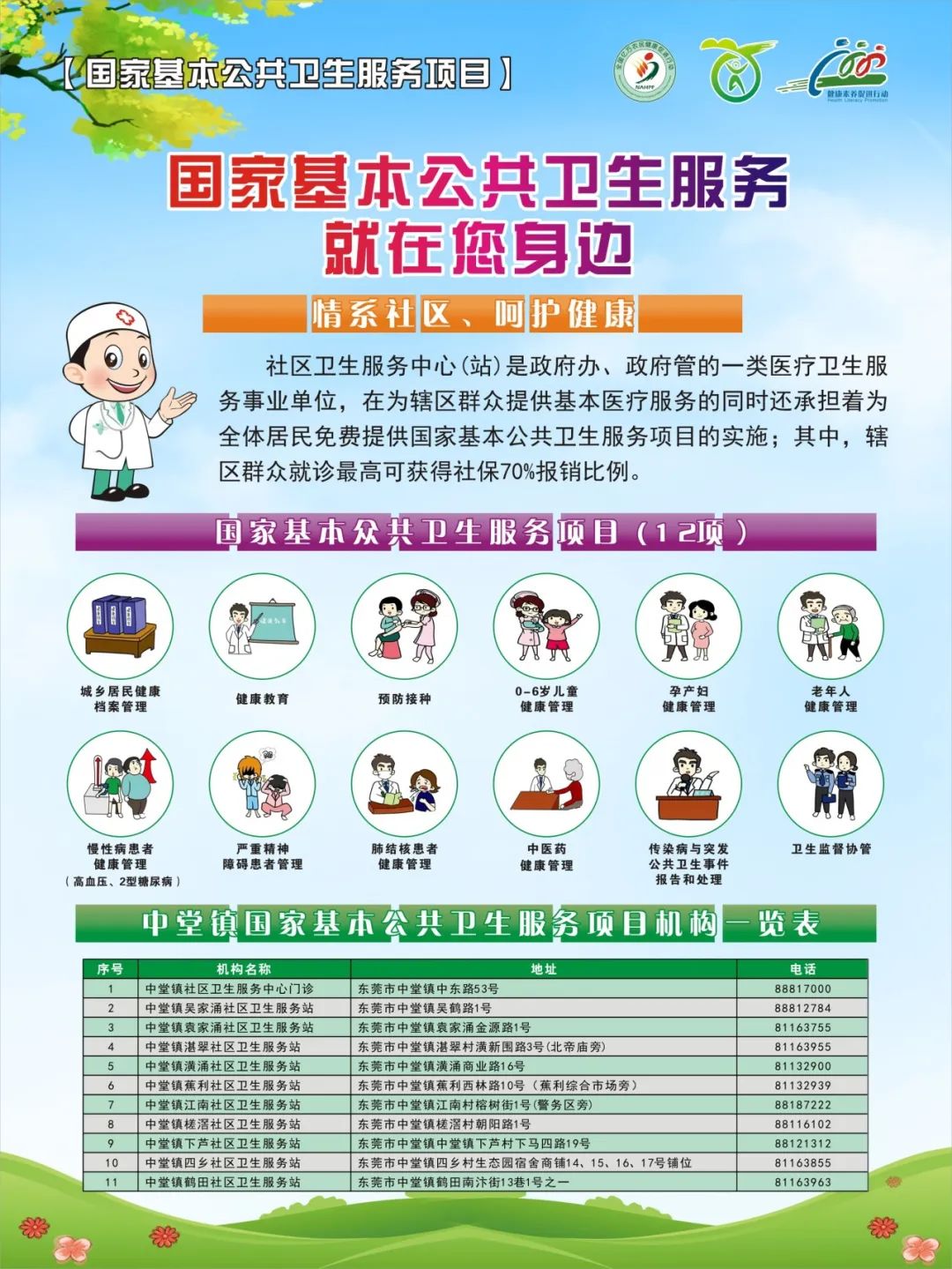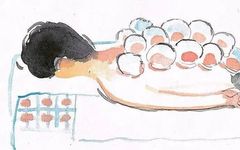
Cupping with Bloodletting Therapy
Traditional Chinese Medicine Therapy
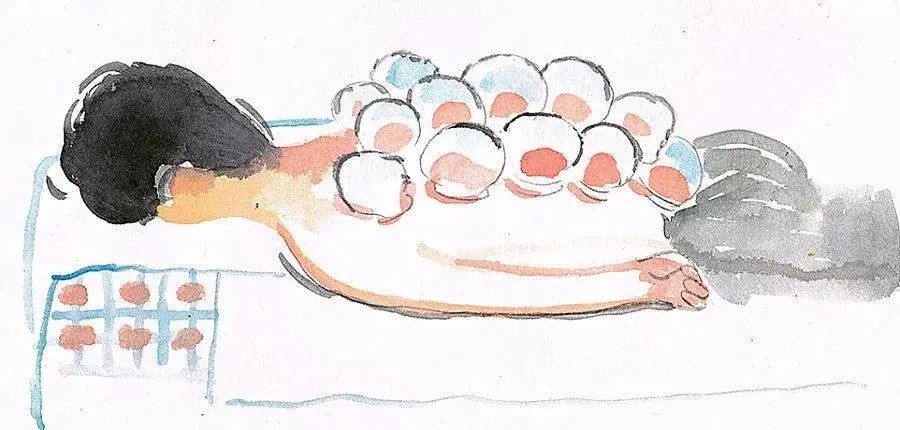
Cupping with bloodletting therapy is a combination of
“bloodletting therapy” and “cupping therapy”
commonly referred to by the public as “blood cupping”.
Let’s explore cupping with bloodletting therapy!
What is Bloodletting Therapy?
Bloodletting therapy is a unique acupuncture treatment method in TCM, referred to as cì luò fàng xuè fǎ (刺络放血法) in the Huangdi Neijing (《内经》).
This therapy uses a san leng zhen (三棱针) to puncture specific superficial blood vessels or acupuncture points based on different conditions, allowing a controlled amount of blood to be released, thus treating corresponding diseases. By local bloodletting, it can promote the generation of new blood, invigorate blood circulation, smooth the meridians, and expel pathogens.
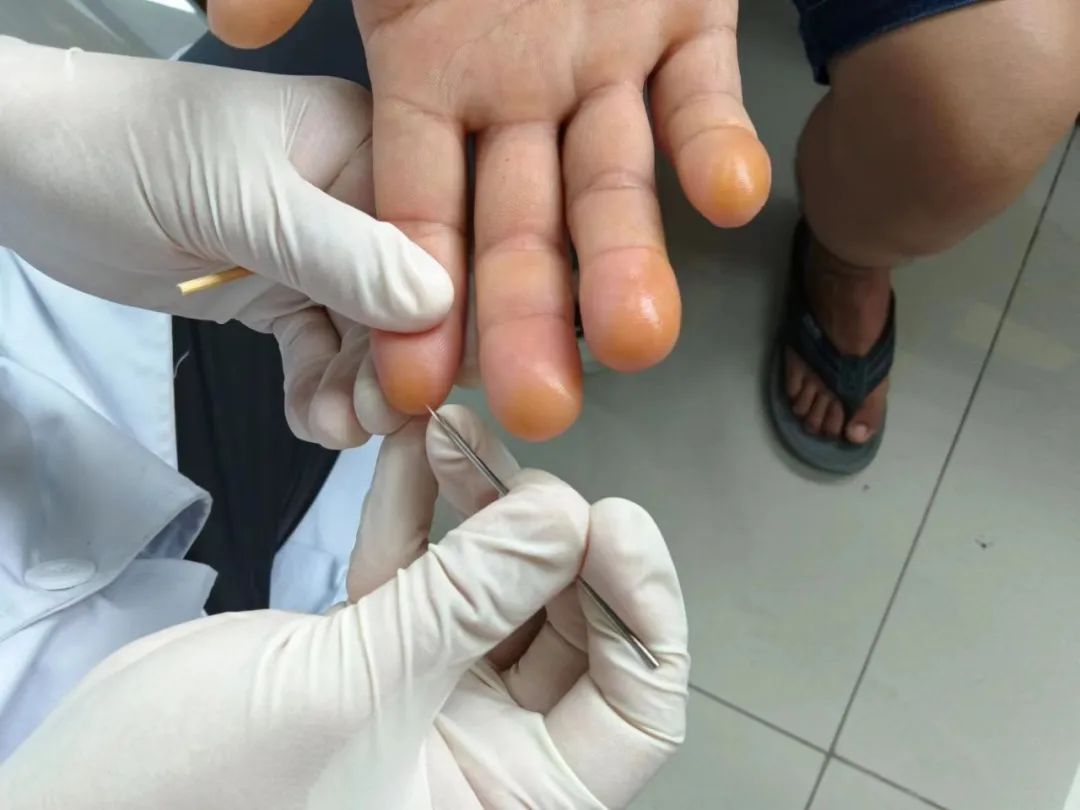
Indications
Generally, the indications are primarily for excess conditions such as heat syndrome, qi stagnation, and blood stasis, but deficiency syndromes are not contraindicated. For example, some Japanese practitioners believe that bloodletting therapy is most suitable for conditions like fatigue and overwork.
Clinically, this method is often used for high fever, syncope, heat stroke, sore throat, red and swollen eyes, sprains, headaches, and limb numbness.
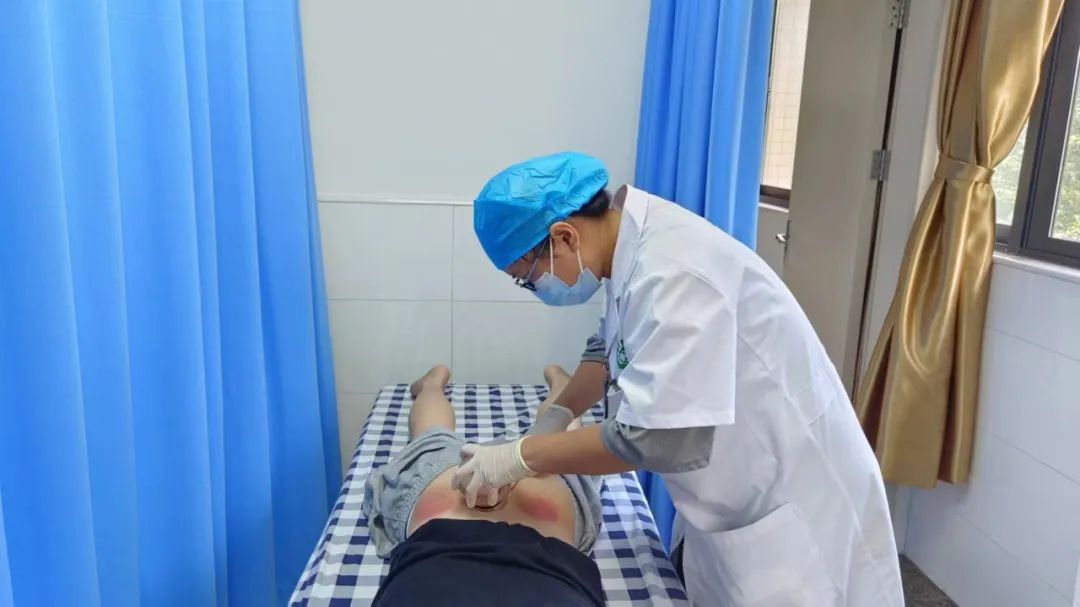
Blood Color Diagnosis
-
Dark black blood, resembling ink, indicates a long-standing illness, suggesting stagnation of blood for a prolonged period.
-
Blood mixed with water indicates rheumatism or liver disease.
-
Blood containing gelatinous mucus indicates cold damp accumulation that has congealed over time.
-
Very pale blood indicates inflammation or an early-stage illness. Purple-red blood indicates a new illness, heat syndrome.
-
Fluid resembling meat wash indicates severe water-damp accumulation.
-
Clear watery fluid or blisters indicate heavy water-dampness.
-
Foamy liquid indicates the presence of wind pathogens.
-
A large volume of blood indicates a longer disease course.
-
A small volume of blood indicates a shorter disease course or deeper location.
-
When removing the cup, if there is a sudden feeling of heat, it indicates heavy damp-heat.
-
Slow bleeding, with multiple punctures still resulting in intermittent bleeding, suggests qi deficiency and blood deficiency.
-
Light bleeding that does not coagulate easily indicates blood deficiency.
-
Blood that settles easily and coagulates quickly indicates qi deficiency.
Contraindications for Bloodletting
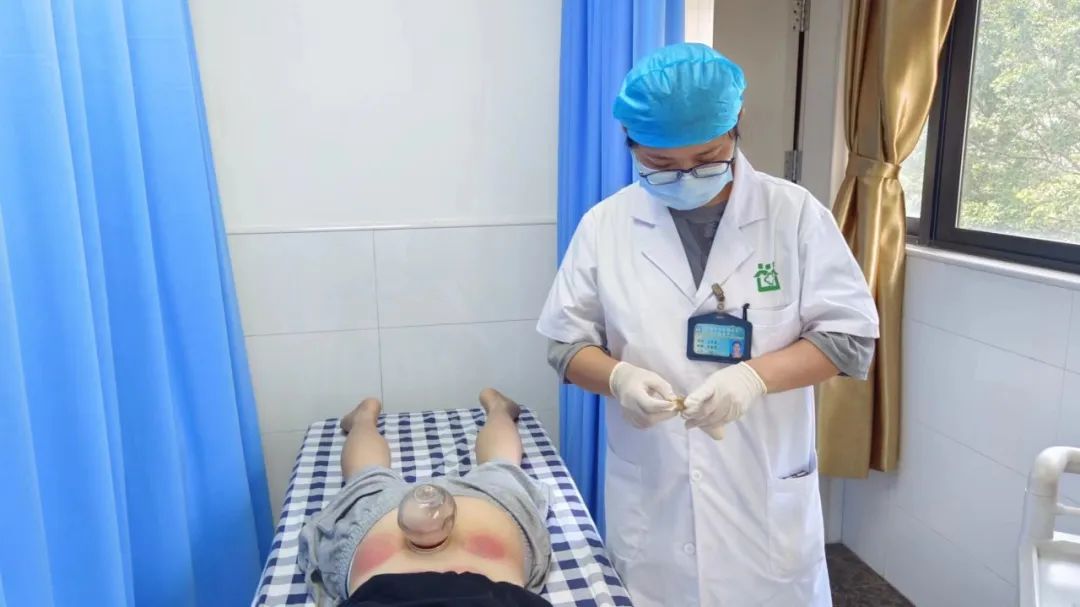
-
Patients with severe bleeding or those prone to subcutaneous bleeding, with poor coagulation function, are not suitable.
-
Severe organ failure or unstable vital signs are not suitable.
-
Infectious diseases, skin diseases during flare-ups, or local skin ulceration are not suitable.
-
Pregnant women, those during menstruation, or postpartum individuals with unstable constitutions are not suitable.
Precautions for Bloodletting
-
Care for the puncture site; do not bathe for 4 hours after the procedure.
-
Maintain a light diet.
-
Keep emotions stable; avoid excessive emotional stress.
Introduction by the Center’s Outpatient Therapy Department
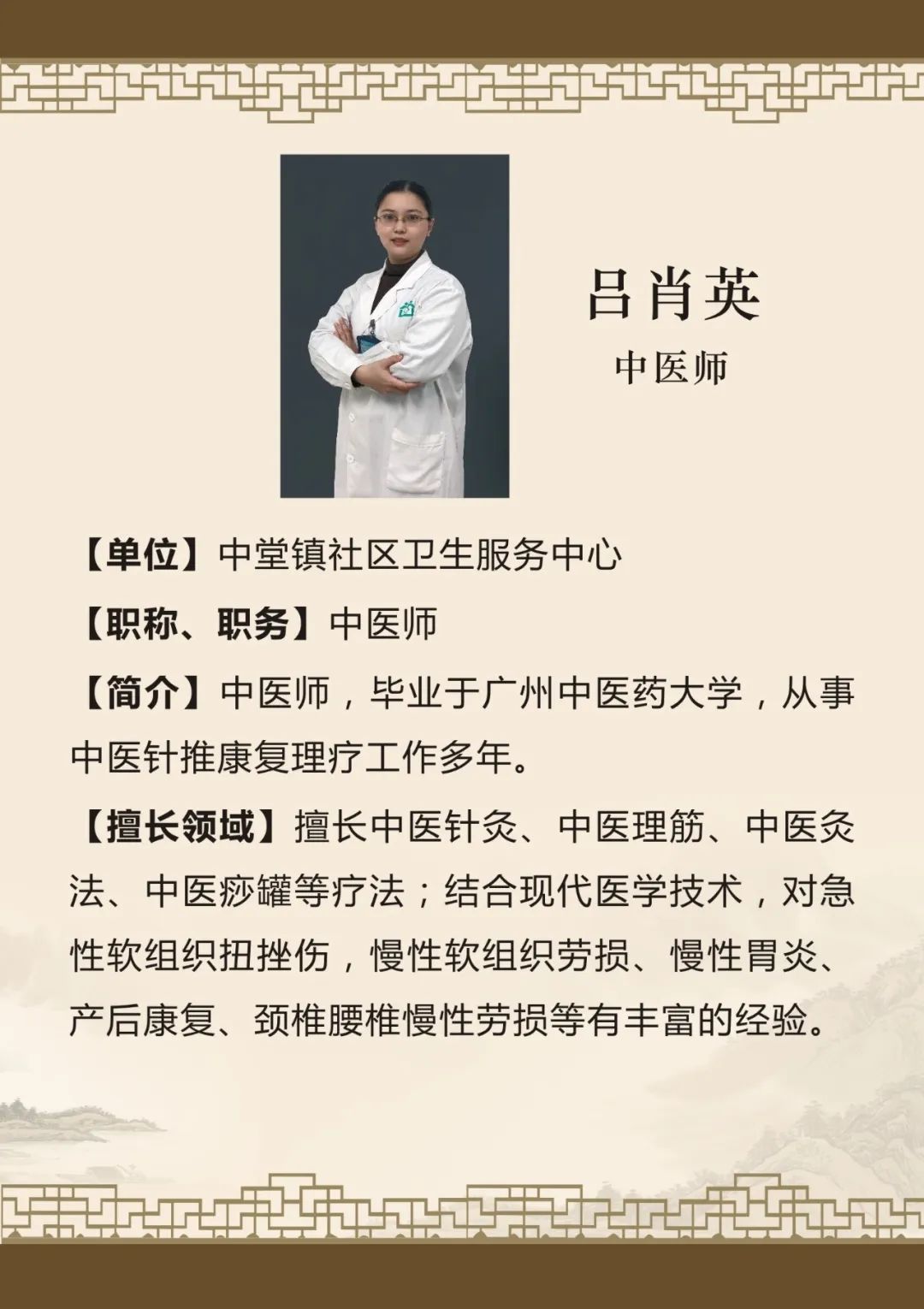
Click the image to view the original picture
– E N D –
Source | TCM Therapy Department
Editor | Li Yinglin
Reviewer | Zhou Yuyu

Community Health Service Center of Zhongtang Town
Long press to follow
